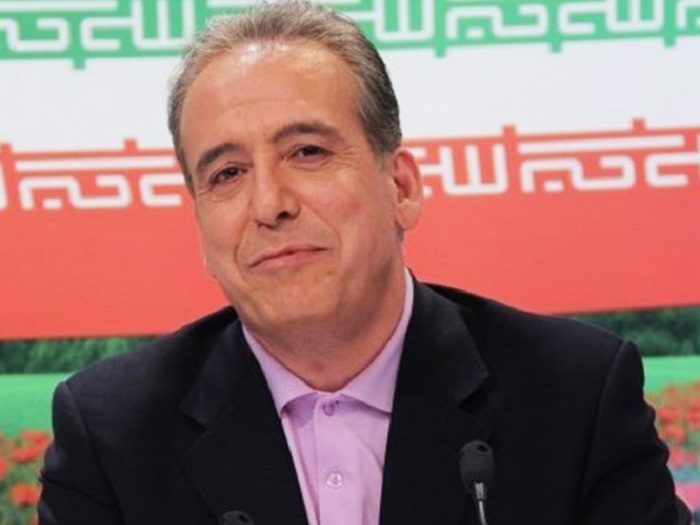Rial export; Capital outflow or a way to get through the transition?

Chairman of Iran-China Chamber of Commerce: Rial exports have no benefits for the country. If the foreign currency does not return to the formal business cycle, it will be spent on capital and smuggled goods.
According to the International Iranian Stone Exhibition, in recent years, rial exports have been used as a method of trade, especially for Iraq and Afghanistan. However, in the current situation and the country's foreign exchange needs, this issue is not accepted by monetary officials, as the Deputy Foreign Minister of the Central Bank said: "Foreign exchange earned from exports should return to the country's economic cycle and support the country's foreign trade. "Rial exports mean the outflow of the country's capital, and therefore the central bank does not recognize it."
Majid Reza Hariri, head of the Iran-China Chamber of Commerce, said: "There is no Rial export, because currency or goods must be imported into the country in return." Exports that we sell goods and receive rials do not make sense.
Hariri continued: "Such exports can not benefit the country and have no benefits." If the foreign currency does not return to the official trade cycle of the country, it will be spent on capital outflows and smuggled goods. In fact, if the goods that are exported in exchange for that currency does not enter the economic cycle of the country, it means that the currency enters the informal cycle.
He clarified: exports that have no currency; Better not to do. Because we export to make money, if not, what is the benefit for the country.
Hussein Salimi, President of the Iran-Afghanistan Chamber of Commerce, regarding Rial exports, said: "The exchanges we have with Afghanistan have been done in Rials for many years, and our exports are done this way." Because most Afghans working in Iran want to use their rials.
He continued: Of course, the issue that exists here; Currency transfer and its currency commitment. According to the law, exporters must have a currency obligation and between fifty to seventy percent of the resulting currency must be returned. Although there is a commitment, the central bank is expected to find a solution. Therefore, until next week, the central bank should consider a solution to this issue, so that there is no problem in this regard.
Salimi continued: "One of the advantages of this export is that it is both fluent and Afghans are accustomed to buying in rials, so it is important to maintain this relationship." Because many Afghans can pay in foreign currency when their banking situation improves. But now it is difficult to get foreign currency out of Afghanistan and a money laundering law is being introduced. There is also no intermediary exchange. This is a fundamental problem related to banking issues, and if this issue is resolved, the dollar will practically enter legally.
He continued: "Considering the many problems that exporters are struggling with, it is better to export in the same way now, so that after the lifting of sanctions and economic stability, the laws related to foreign exchange exports will be implemented, because in that case exchange offices and banks." They can have currency transfers. But if the issue is strict, exports to neighboring countries will also stop.
Salimi pointed out: "Currently, neighboring countries with which there were Rial exports should be excluded so that the situation returns to normal and foreign exchange transfers can be made through exchange offices and banks." Of course, many bring in currency, but someone who wants to buy a million dollars can not have ten round trips to pay.
* ILNA










